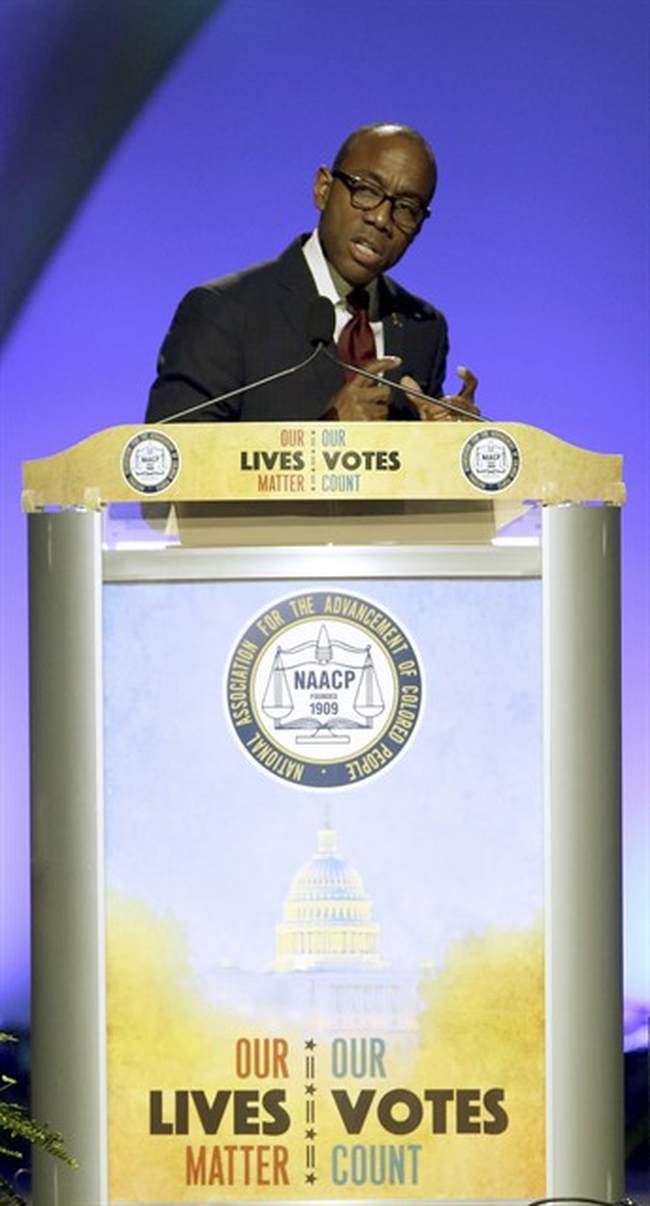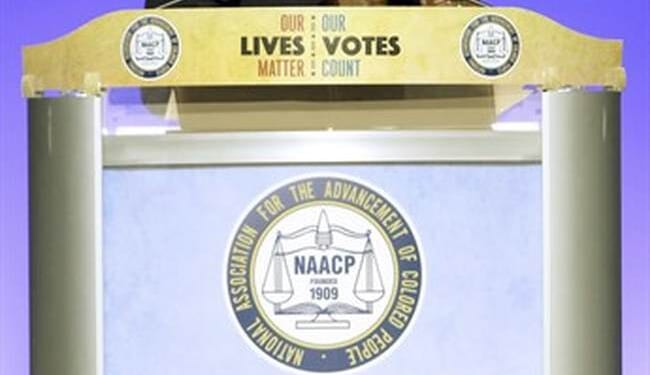
I believe that “intent” needs to be considered when a conflict arises. Far too often, a person or a group becomes offended over something when no intent to harm or offend exists.
That very situation occurred recently during a segment on KMOV-TV in St. Louis. Evening anchor Cory Stark was reporting on a story about home appraisals in the surrounding area. According to the St. Louis Post-Dispatch, Stark used the word “colored” during the segment.
Sadly, the left immediately pounced on this mistake and enflamed the situation beyond what it was. The statement that raised so much ire came about when Stark said, “Tonight, colored homeowners are sounding the alarm when it comes to undervalued home appraisals.”
The story was about complaints from the black community concerning low home appraisals. Apparently, no one thought to give the station credit for bringing that story to light. Instead, there were groups that chose to focus on one single word.
Naturally, because of the backlash, both Stark and the management at KMOV were quick to apologize and offer an explanation for the unintentional misuse of words.
In a statement to the Dispatch, KMOV Vice President JD Sosnoff explained, “It was in an original script as ‘homeowners of color’ and was inadvertently changed and mistakenly read on air. We regret the error and apologized to our viewers on air at 10 p.m. on Monday night and at 6:30 p.m. on Tuesday night.”
Stark also apologized on air. He explained that he had spoken to leaders in the St. Louis black community and that he and KMOV “Strive to do better, every day. The word should have never come out of my mouth, and it does not reflect who I am or what First Alert 4 represents.”
In a reaction that felt almost obligated to be released, the National Association of Black Journalists (NABJ) issued a lengthy statement that referred to the term as “outdated” and a “slur.”
“The National Association of Black Journalists (NABJ) is appalled and disappointed by a recent incident at KMOV, Gray Television’s affiliate in St. Louis,” the statement read. “While teasing a story about Black homeowners and appraisals, an anchor referred to the homeowners as ‘colored.’ It is upsetting that such a slur would make it to air. The term is outdated, offensive and racist. We are concerned that no one in the KMOV newsroom caught this error, and we question KMOV’s editorial process when it comes to cultural awareness.”
The association then flexed a little too much when they added, “KMOV and Gray TV should retrain their employees on diversity, equity and inclusion issues while investing in recruiting and retaining Black employees on and off-air.”
Let’s remind the NABJ that the most prominent group in the country representing black issues is the NAACP, which stands for the “National Association for the Advancement of Colored People.”
Is that name offensive, racist, and a slur?
Of course not, which is why the local head of the St. Louis NAACP, John Bowman, was much more understanding and forgiving of Stark. However, even he had to inject what again felt like some obligated drama into the scenario. He stated that he was stunned to hear the word on television and that it reminded him of the Jim Crow era. He then quickly added that he had previously met Stark and did not believe he used the word “colored” with any malice.
“Trust me, I’ve had enough experience dealing with people who intentionally show discrimination or racist behaviors, but I’ve interacted with Cory Stark, and at no time have I ever felt that about him,” Bowman said.
Perhaps one of the problems is the roller coaster history of black euphemisms or, as some refer to it, a euphemism treadmill. A century ago, colored and negro were acceptable terms that are now viewed as racist. Yet, the United Negro College Fund and the NAACP are not judged harshly.
In the 1960s, those terms were replaced by black. Then, after just 20 years or so, “African American” became the accepted term, with “person of color” coming in at the same time as a way of referring to nonwhite people. However, in practice, “person of color” is used more for brown people than, say, Asians and other brown people. For most, “person of color” suggests a black person somewhat more readily than a Latino.
A change in euphemisms is generally designed to step around an unpleasant association. When it comes to societal terms, the idea is to rise above derogatory connotations that society has linked to the thing in question. For instance, while “cripple” was once a perfectly civil term, negative emotions associated with it led to the word “handicapped,” which was believed to be a neutral-sounding label. However, after a time, that word was discarded in the same way, and the term “disabled” was then felt to be more humane. Yet, as we have seen, even that didn’t last.
The term “colored” was replaced because a different term was considered more acceptable. As such, it seems odd that anyone would treat someone’s slip of the tongue so negatively by saying the term is an insult, given that “colored” was not considered a slur until very recently.
Given the long history of various euphemisms concerning the descriptions of blacks and black culture, perhaps it’s time for those of that culture to cut others some slack. Besides the one term that we can all agree on as being a racial slur, the others, at worst, are dated and, in most cases, are not being uttered in a negative context.
On the other hand, when a term is misconstrued, a simple explanation, not a groveling apology, should be offered. Thin-skinned and illogical resentment plays a part in scenarios like this and inflames situations when no disrespect was intended. People make mistakes; there isn’t always an oppressor and a victim. It’s time to stop habitually playing those roles, which are more outdated than the language will ever be.

